March 19, 2020 | Volume 13, Issue 2

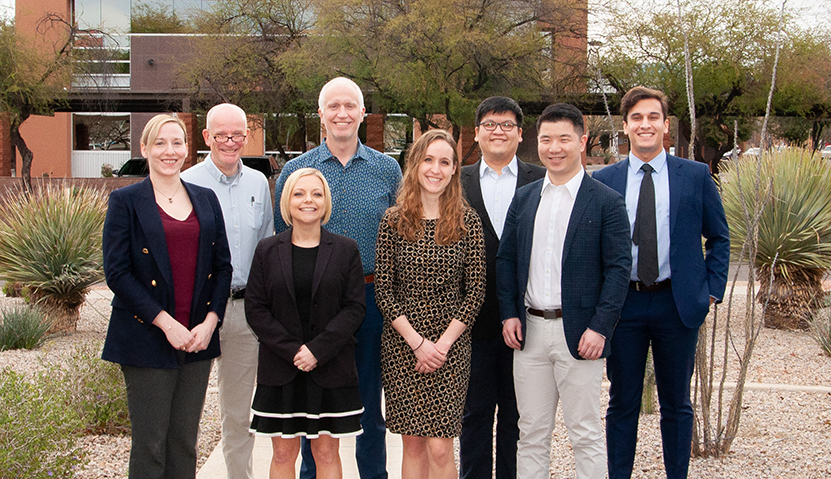

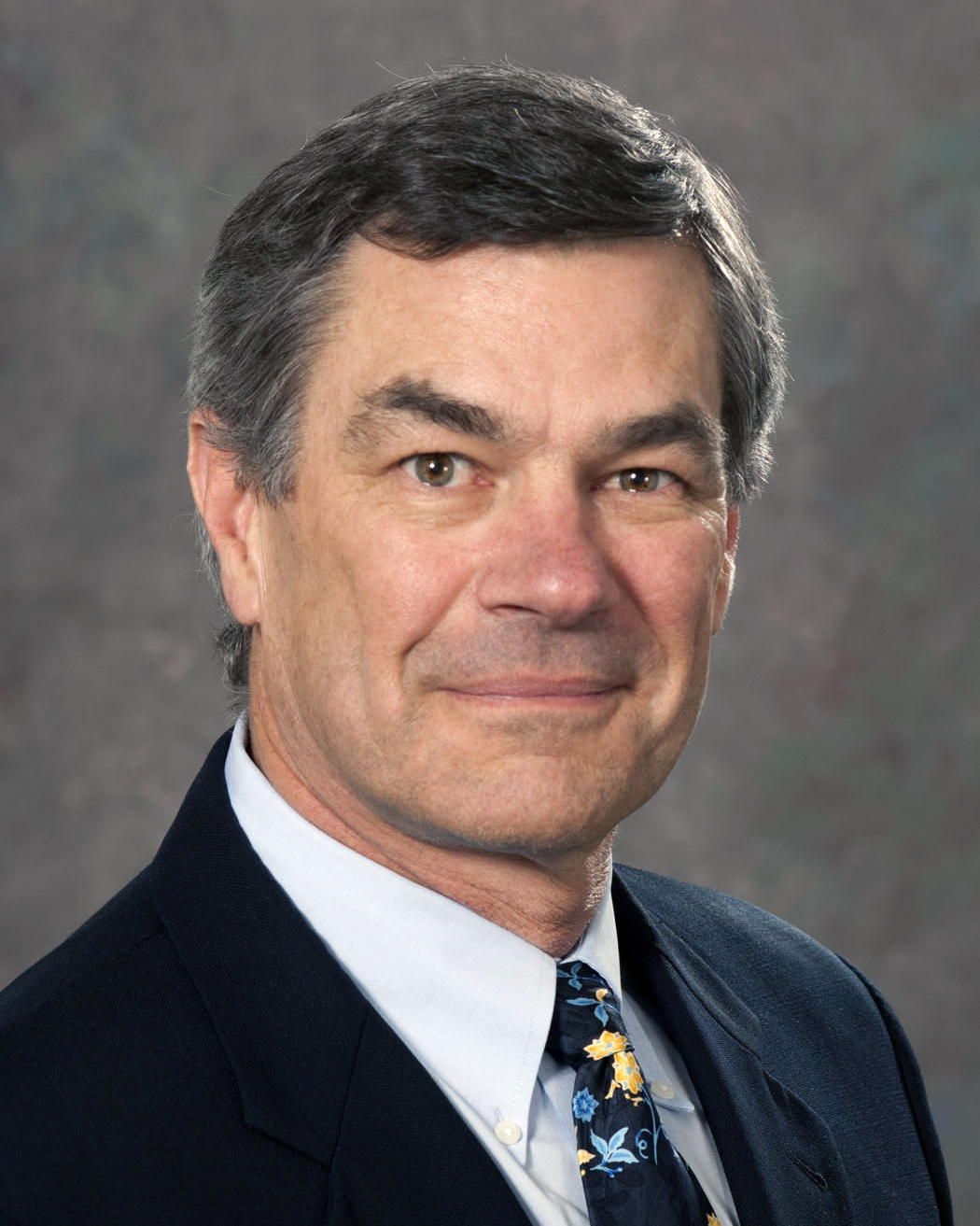
by J. Anthony Seibert, PhD, ABR Governor
2020;13(2):1
In this issue of The BEAM, the lead article is a statement from ABR President Brent Wagner regarding the coronavirus (COVID-19) outbreak and contingency plans for ABR activities and upcoming meetings. Please visit the ABR website for the latest information and ABR policies concerning these issues. Our regular content includes:
From the Executive Director – Val Jackson discusses the valuable role of the associate executive directors, their responsibilities and duties as staff members of the ABR, and the considerable assistance they provide to the trustees and governors in the implementation of the ABR mission.
From the BOG – Our new Board of Governors public member, Toby Gordon, ScD, gives her perspective on the ABR’s role in ensuring the public’s well-being through the certification of our diplomates. She considers the importance of ABR activities, processes, and policies, and provides great insight to the Board of Governors regarding public matters and opinion.
Click HERE to read more.

Coronavirus Update

by Brent J. Wagner, MD, President
2020;13(2):2
During the first week of March, ABR senior leadership was actively monitoring the events and circumstances surrounding the spread of COVID-19 and the impact on our candidates and volunteers. After several large medical institutions announced domestic travel bans, and acknowledging the uncertainty of an evolving level of public concern, extremely difficult decisions had to be made that resulted in the postponement and cancellation of some planned exams.
Although the ABR’s decisions were based on the best interests of our constituents, we realize that these postponements will be unavoidably disruptive. Our discussions were made more complicated because of inherently incomplete information, including (1) the inability to anticipate future travel restrictions or other external constraints and (2) the highly variable preferences of our candidates and volunteers. Further, the delivery of high-stakes exams that are part of a credible board certification process is itself an intricate process (and not easily modified over a short time window without negatively impacting the candidate experience, fundamental validity, and security).
Click HERE to read more.

Associate Executive Directors Add Value
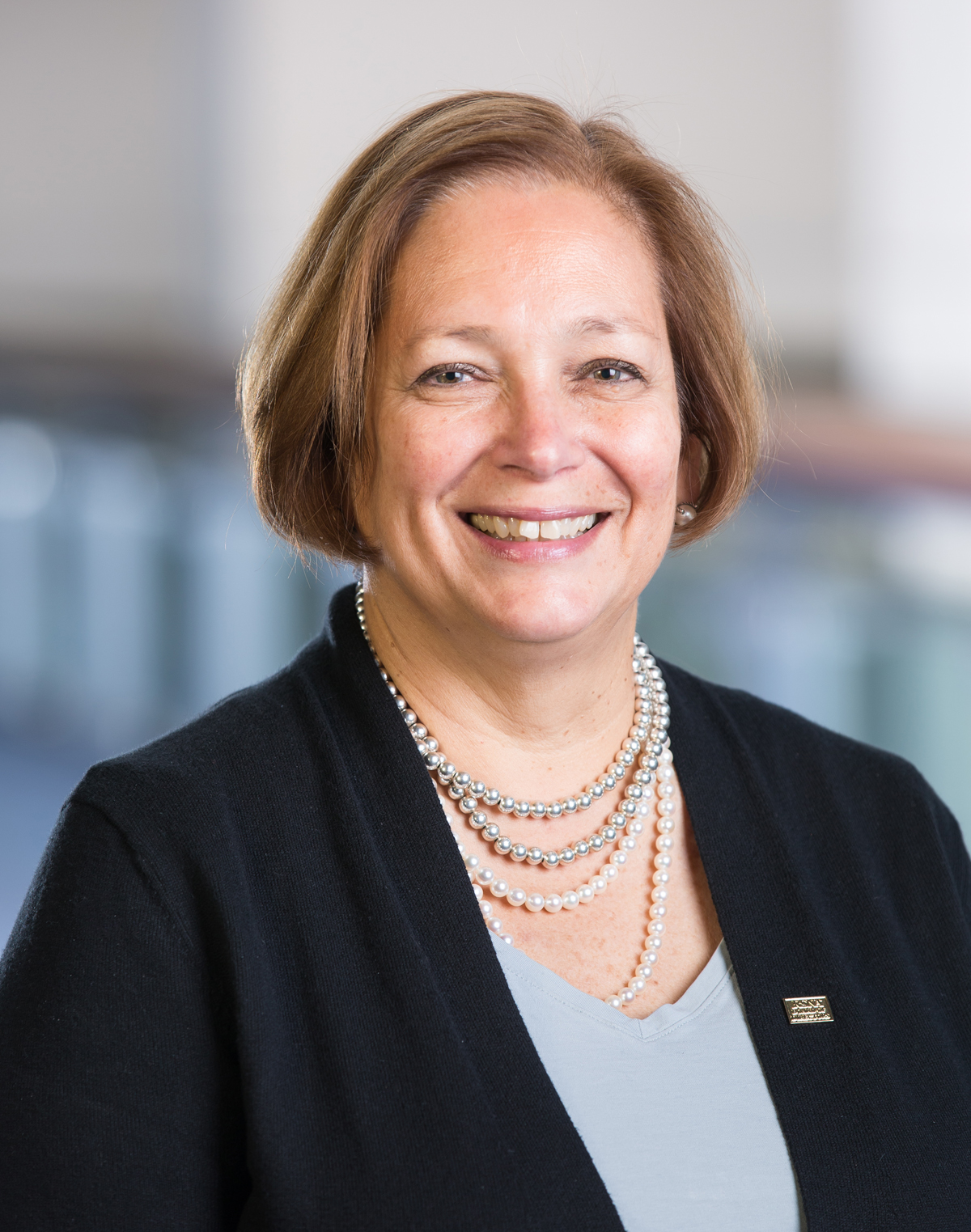
by Valerie Jackson, MD, Executive Director
2020;13(2):3
Part-time employees sometimes have a big impact on an organization. That’s especially true when those men and women are experts in complex fields.
The endless benefits of such knowledge are the reason we have four associate executive directors (AEDs) on staff, one for each of the specialties we certify: N. Reed Dunnick, MD (diagnostic radiology), G. Donald Frey, PhD (medical physics), Anne C. Roberts, MD (interventional radiology), and Paul E. Wallner, DO (radiation oncology). They are respected and insightful professionals who went through extensive interview processes before being named to their positions.
Click HERE to read more.

ABR Ensures Quality Health Care
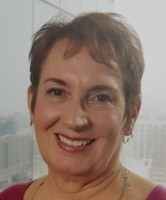
by Toby Gordon, ScD, ABR Governor
2020;13(2):4
Since joining the ABR Board of Governors (BOG) last year, I have been doing a deep dive into the critical role that organizations like the ABR play in ensuring quality health care in the United States. One of my passions is the history of medicine, and the stories of why and how professional medical associations were founded helps put the ABR’s vital role in perspective.
Across medical specialties, each board was founded from the shared belief that experts in the field should be the standard setters and certifiers of member expertise. Through self-governance by its members, specialty boards put processes into place to set standards, guarantee ongoing education, and provide certification. All of this lays the foundation for excellence in quality of care.
Click HERE to read more.

The History of Medical Physics Certification
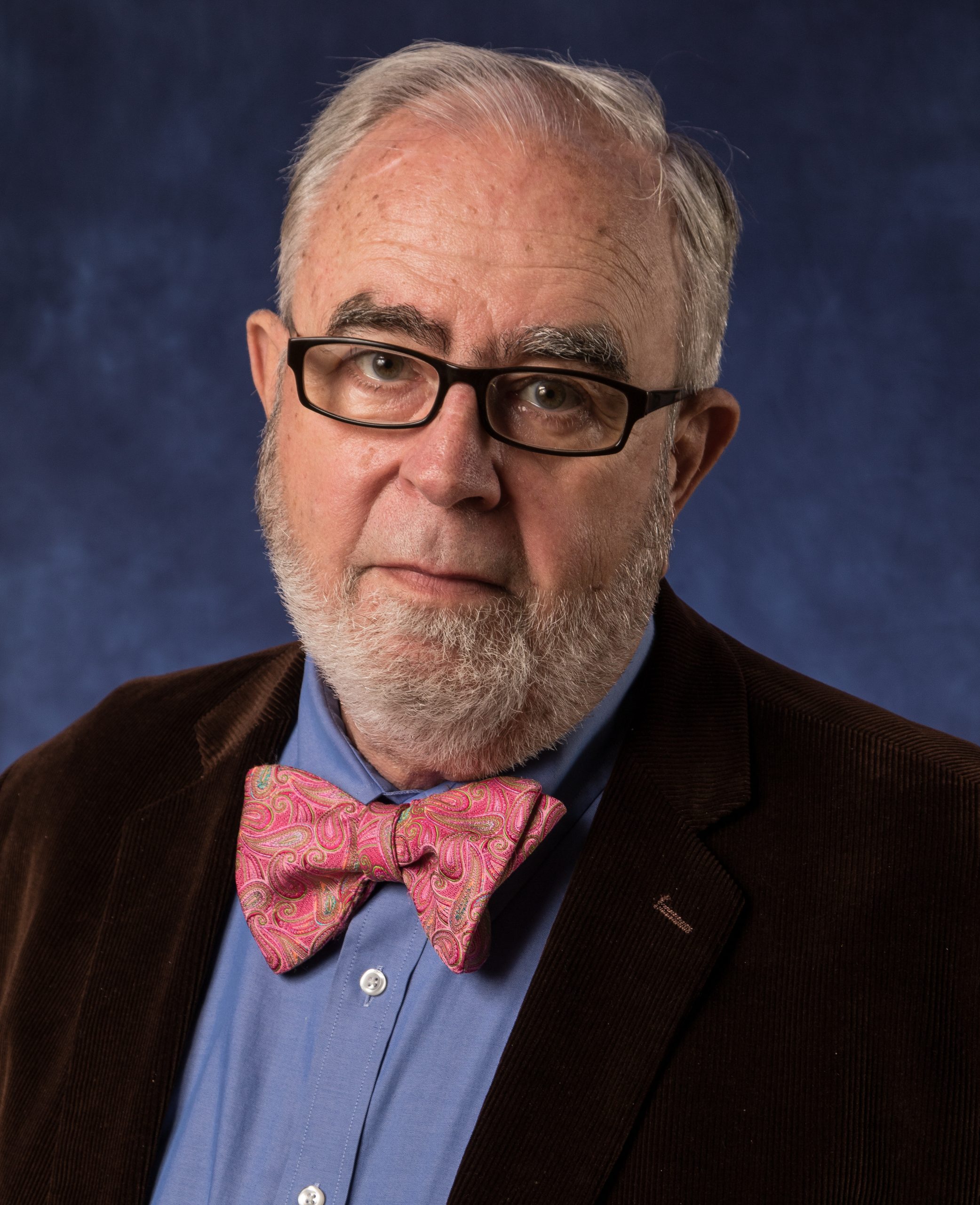
by G. Donald Frey, PhD, Associate Executive Director, Medical Physics
2020;13(2):5
Medical physics is a profession that combines a deep knowledge of physics, a good working knowledge of relevant medicine, and the ability to partner with physicians. Our path to certification was a bit different from our physician colleagues, but it was driven by the same forces, including:
- Commitment to quality.
- Ensuring that practitioners are properly educated.
- Ensuring that a certified physicist is qualified to practice.
The First Step – Licensure
Medical physics did not exist until after the discovery of x-rays by Wilhelm Conrad Roentgen (figure 1) in 1895. From the start, however, we were on the path to certification because of efforts already underway in the wider world of medicine.
Click HERE to read more.

Update of Radiation Oncology Non-Clinical Skills
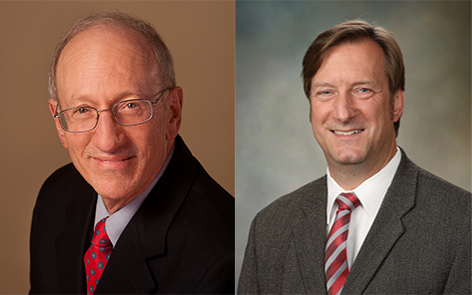
by Paul E. Wallner, DO, Associate Executive Director, Radiation Oncology, and Brian J. Davis, MD, PhD, ABR Trustee
2020;13(2):6
In 1999, the Accreditation Council for Graduate Medical Education (ACGME) and the American Board of Medical Specialties (ABMS) jointly introduced six core competencies that were identified to represent the essential elements of high-quality medical practice and should be included in postgraduate medical education and assessment for certification.1 As with any compendium of scientific and clinical knowledge and skills, these competencies were never anticipated to be static, and in 2014, after widespread dissemination of reports indicating the nature and extent of errors in contemporary health care delivery, the organizations added subject domains considered non-clinical to requirements for inclusion in education and assessment.2,3
Click HERE to read more.

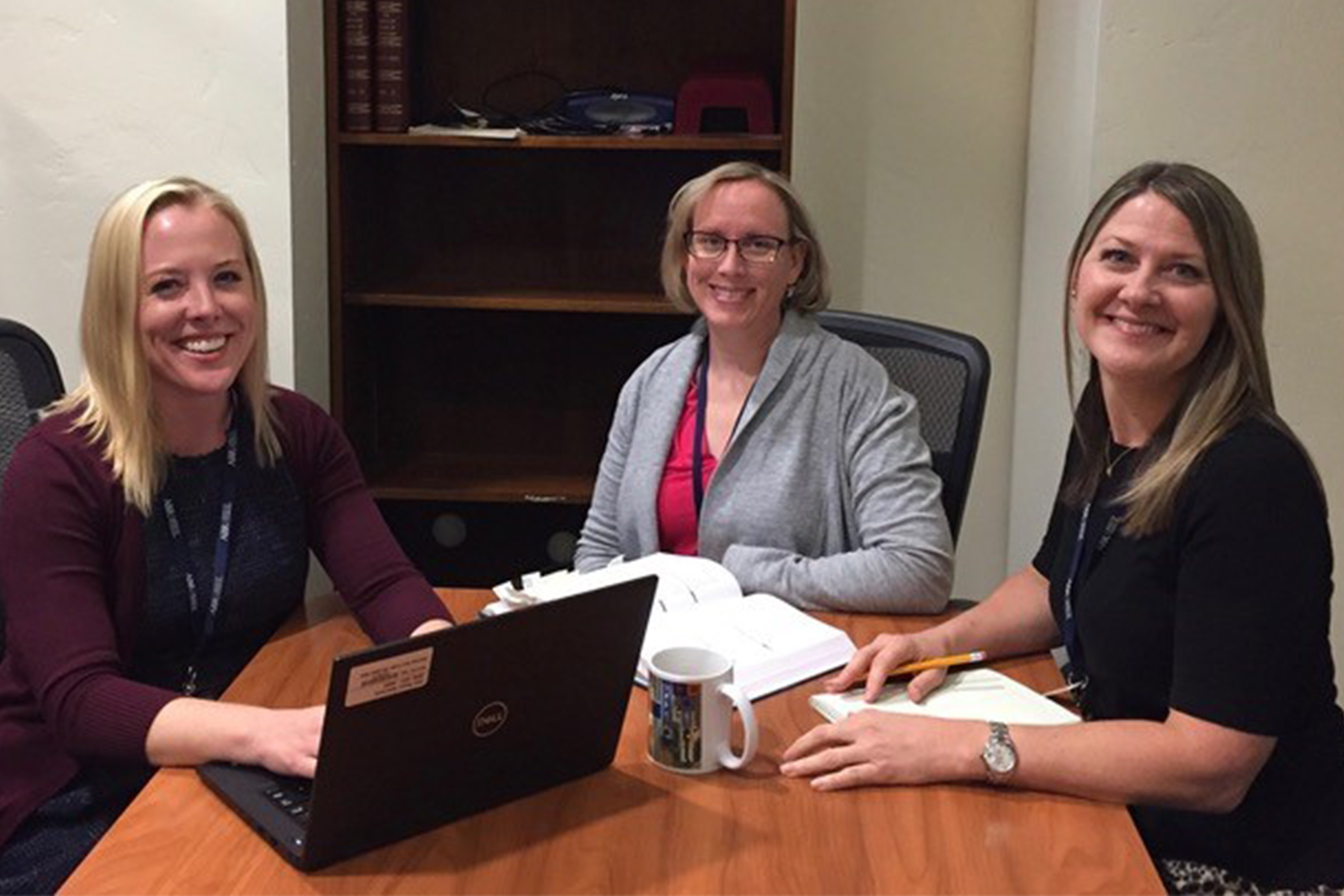
Editorial Team Collaborates to Fine Tune Exam Content
by Heather S. Hopkins, Communications Coordinator
2020;13(2):7
Although a small division in the exam services department, the editorial services team plays a big role in the creation of ABR exams. Three content editors help train volunteer item writers, edit all new and revised questions, and proofread every exam before it is administered. The editors combine their knowledge of writing and grammar with acquired expertise in medical and radiology-specific terminology, psychometric standards, and ABR style to make our written exams and Online Longitudinal Assessment (OLA) questions consistent, clear, fair, and accurate.
Click HERE to read more.

Flexibility Includes Question Declines and Four-Week Availability
2020;13(2):8
Online Longitudinal Assessment (OLA) has many features that allow diplomates flexibility in how they participate. The question decline option and four-week question availability are unique features that allow for a more customized experience. Here are details about how these features work.
Declining A Question
Most diplomates have the option to decline up to 10 questions per year. The option to decline a question is only available when a diplomate has chosen to answer a question. The next available question is displayed after the diplomate clicks the “Answer Now” button on the question ready page. The diplomate can see the question, the answer options, and images or other media associated with the question. It’s at this point that the decline option becomes available. Choosing to decline a question uses a question opportunity (most diplomates receive 104), but the question is not scored, so declining does not impact OLA performance.
Click HERE to read more.

Dr. Larson to Chair ACR Commission on Quality and Safety
2020;13(2):9
At the American College of Radiology (ACR) 2020 Annual Meeting on May 16-20, David Larson, MD, MBA, will become the Chair of the ACR Commission on Quality and Safety. Dr. Larson has been active in the annual ACR Quality Conferences, planning and presenting every year. He brings a wealth of experience in developing and implementing innovative solutions for quality improvement and in training future quality leaders.
Website Survey Gives Users a Voice
2020;13(2):10
Have thoughts about our website? Here’s a chance to suggest improvements or let us know what you like.
We have posted a short online survey to collect user tendencies and feedback. The information will help us better serve our diplomates and candidates when they visit theabr.org. Our current website look was introduced in 2017. We’ll be spending the next few months evaluating content and usability of theabr.org as we prepare for a redesign.
Please visit here to complete the survey. All feedback is confidential and appreciated so please consider participating.

March 17 Blog
Clean Cell Phones Encourage Better Health for Users
February 25 Blog
Diplomate: OLA Gets It Right Even When Responses Are Wrong
February 18 Blog
New Board Eligibility Policy Set for Candidates Seeking Subspecialty Certification
February 12 Blog
Reaching OLA Progress Requirement Offsets Some SA-CME Credits
February 4 Blog
‘Fair and Equitable’ Process is Diplomate’s Motivation to Serve as OLA Question Rater
January 30 Blog
2020 Vision: A Great Time to Introduce OLA Practice Profile Area


